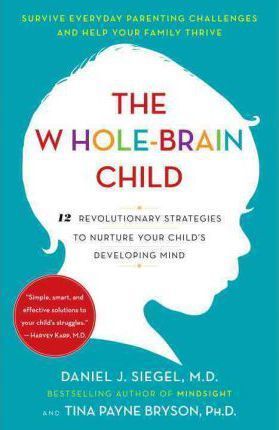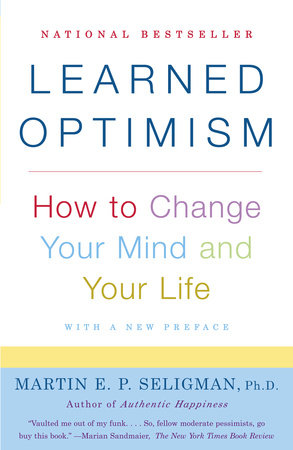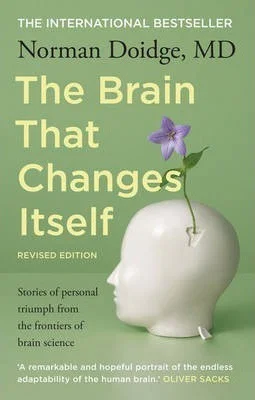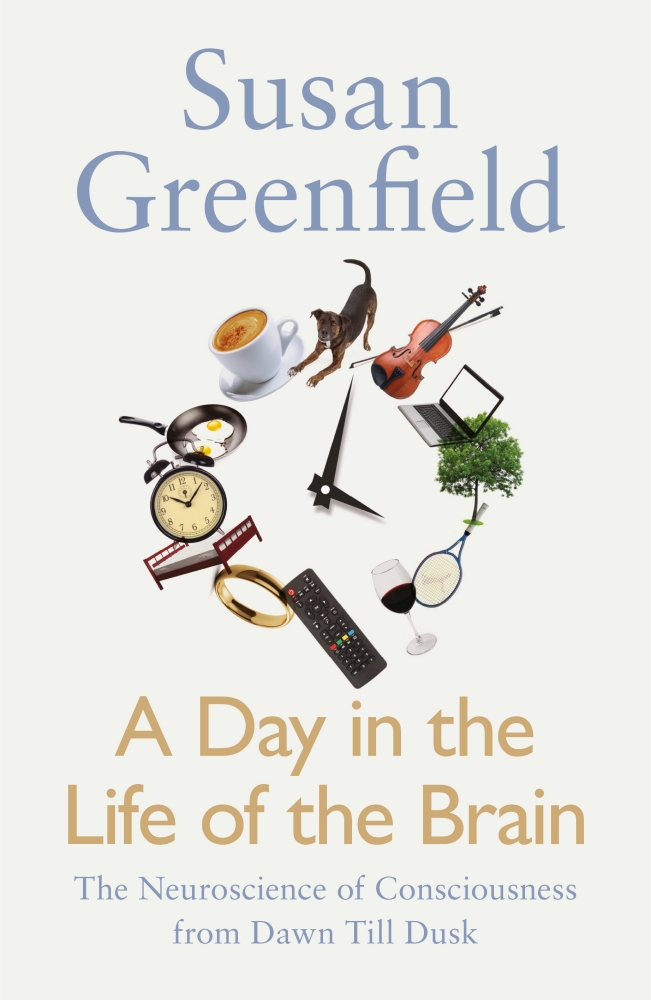3 fascinating insights into brains—resting, exercising and changing them
/This super short video has helped motivate me to leave my phone where I can’t reach it from bed! It’s by Dr Dan Siegel who wrote The Whole-Brain Child, a brilliant book that I found both reassuring and stimulating. Here’s what he says in the video about the effect of lack of sleep on human brains:
“It makes your attention falter, your memory is impaired, your ability to think through problems is challenged, your insulin even that helps regulate your metabolism is turned upside down so you’re more likely to gain weight from what you eat, and eat more, and then, if that weren’t enough, it’s actually toxic to the connections in your cells in your brain.”
And here’s what he says to do about that:
“So what you want to do is—prioritise sleep. Shut off your screens, let’s say by 9 pm. Give yourself an hour, at least, before you’re going to bed and keep those screens off.”
Do you find that driving with a GPS directing you leaves you with no idea how you got there? Turns out, following the GPS actually switches off parts of the brain according to a recent study.
Here’s a reader-friendly article about that study. (There’s a link there for the full study too, if you’re so inclined.) It’s early days for this study but here’s a teaser from the article:
“[Previous research] has shown that the hippocampi of London taxi drivers expand as they learn ‘the Knowledge’, memorising the streets and landmarks of central London. The latest study suggests that drivers who follow satnav directions do not engage their hippocampus, likely limiting any learning of the city street network.”
One of the five-year-olds in Jesse’s class recently defended his position in a dispute by claiming the other side was ‘fake news’. I guess that means we’ve reached some sort of saturation point for the term. The thing is, by simply branding the other view as fake news, this smart little kid found a way to dismiss it without needing to consider it. Cute when you’re five—not so cute when adults do the same thing. But, this article asserts that facts alone don’t change minds:
"Consider what’s become known as 'confirmation bias,' the tendency people have to embrace information that supports their beliefs and reject information that contradicts them. Of the many forms of faulty thinking that have been identified, confirmation bias is among the best catalogued; it’s the subject of entire textbooks’ worth of experiments. …
If reason is designed to generate sound judgments, then it’s hard to conceive of a more serious design flaw than confirmation bias. …
To the extent that confirmation bias leads people to dismiss evidence of new or underappreciated threats … it’s a trait that should have been selected against.”
So interesting … and difficult. If facts alone won’t change minds, the big question is, what will? It’s a question that remains largely unanswered in the article, but there’s a hint or two, like this:
“Humans’ biggest advantage over other species is our ability to coöperate. Coöperation is difficult to establish and almost as difficult to sustain. … Reason developed not to enable us to solve abstract, logical problems or even to help us draw conclusions from unfamiliar data; rather, it developed to resolve the problems posed by living in collaborative groups.”
Here's The Whole Brain Child again, and three more 'brain' books we've liked a lot—you might find them interesting too:














